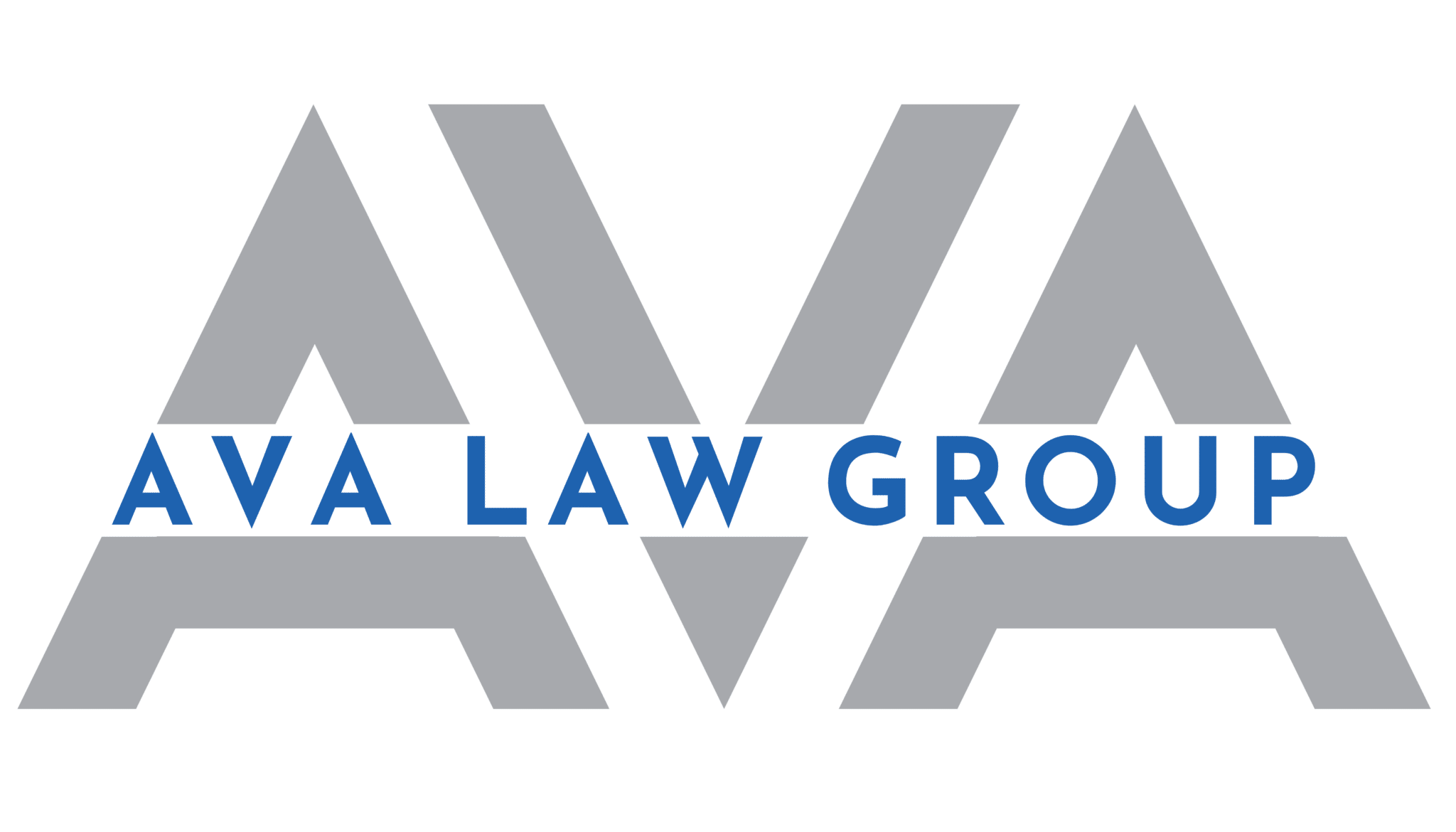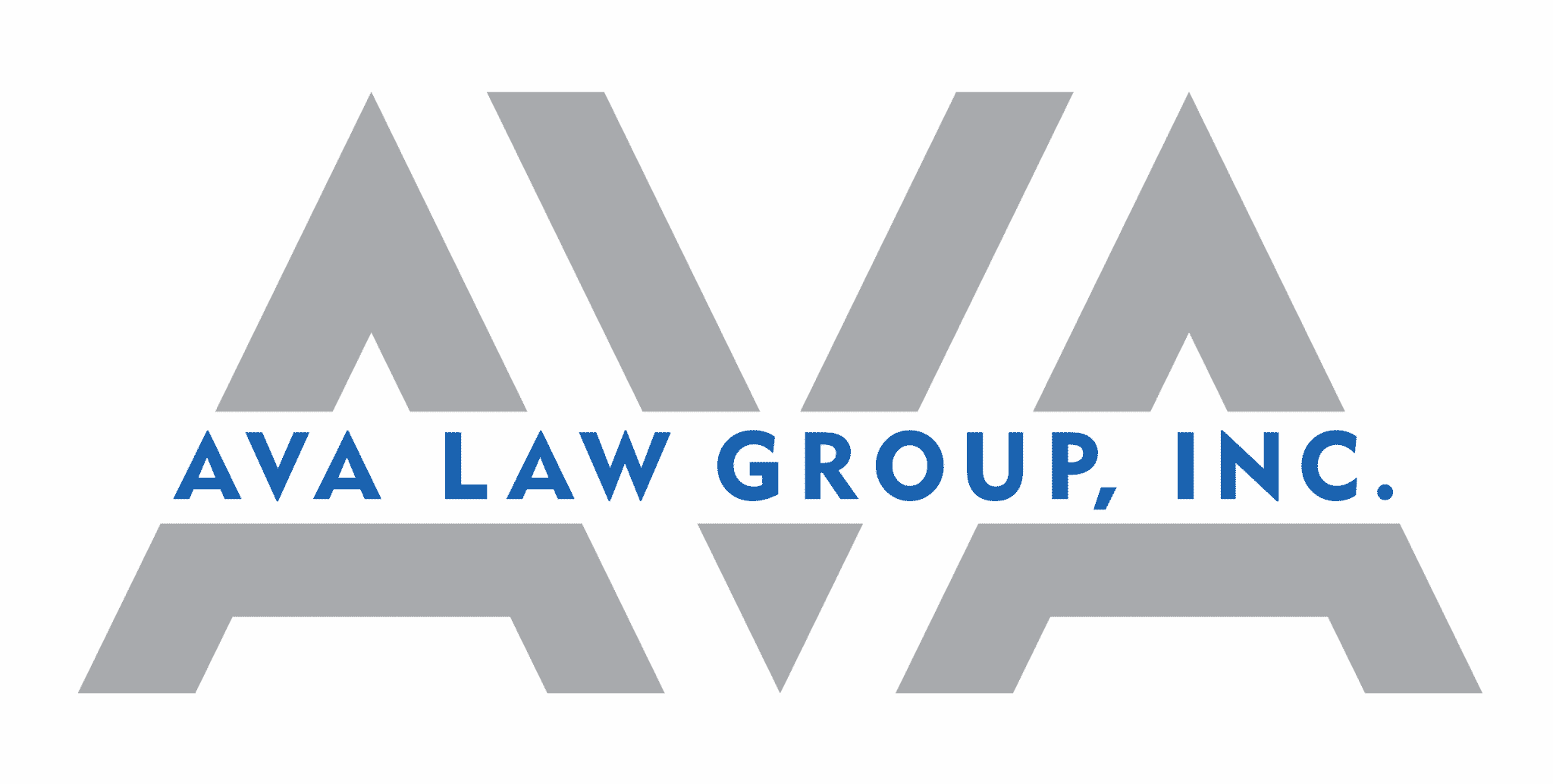After getting in a car accident, you may feel scared and stressed, especially if the car accident wasn’t your fault. However, following a simple checklist of easy-to-follow steps can remove the fear and worry that can follow after being a car accident. We want to provide you with the tools to help you feel prepared when the worst happens. At AVA Law Group, we're here to give you the support you deserve.
Following the tips in this checklist can help you stay calm and know what to do after a car crash or minor car accident.
Keep a Car Accident Checklist with You at All Times
A car accident can happen to anyone at any time, so it’s important to keep a car crash checklist with you at all times. To stay prepared, keep a copy of this car accident checklist in each of your vehicles. Remember to store your checklist where you think it will be the easiest to locate and access. We suggest your car’s glove box, center consul, or your wallet.
Step 1. Check for Potential Injuries
Check the following people for injuries in this order:
- Yourself
- Your Passengers
1. Before moving around or leaving the vehicle, check yourself for any injuries. Serious injuries might not be immediately felt or recognized, so limit your movement as much as possible when checking for injuries. If you are unsure of whether you are hurt or not, call an ambulance to be safe.
2. Getting in an accident with passengers can be especially frightening, so you want to ensure their safety. Check your passengers to see if anyone is injured. If a passenger is hurt, call an ambulance or emergency services.
Step 2. Move to a safe location
If you smell smoke, gasoline, or see sparks or fire, move away from your vehicle immediately to avoid further injury. Additionally, if the accident happened in an area of high traffic, staying in your car could be unsafe. If you are not seriously hurt, move to the side of the road or to the sidewalk where you can wait for help.
Some states require you to move your car off the road, if possible, to not block traffic (some cars are too badly damaged to be moved). Others would rather you leave your car and the scene as it is so law enforcement can see the full accident for themselves. Check your city or state’s laws on what they prefer and make a note of it in your car accident checklist.
Step 3: Call for Help
The next step after a vehicle accident is calling the police or emergency services. Even if you are not hurt or anyone else is injured, you should still call the police or emergency services. Many states require that the police be called if someone is injured in a vehicle accident or the damage is over a certain amount.
The police will fill out an accident report, speak with the other parties involved in the accident, and talk with any nearby witnesses to find out what happened. The police will provide you with documentation to give to your insurance company about the accident.
Remember: wait until the police arrive before you leave. If you leave before the police are able to make their report, criminal charges may be brought against you.
Step 4: Get Contact Information
Exchange phone numbers, insurance information, and even email addresses with the other driver in the accident. Sometimes it can be a good idea to get a photo of the other person’s insurance card with your phone, so have that ready just in case. Remember to limit conversation with the other party as much as possible to avoid accidentally admitting to fault.
Step 5: Not Admit to Fault
Remember to limit conversation with the other party as much as possible to avoid accidentally admitting to fault. Admitting details to the other party about the accident could be used as leverage against you. So, it is better to not talk about the accident with the other party aside from asking if they are okay, which is common courtesy.
Also, remember to not negotiate with the other party. While emotions might be high and stressed after an accident, it’s better not to promise not to pursue an insurance claim or call the police.
Step 6: Document Your Version of the Accident
As soon as possible, write down your version of the car accident. While the police will document their findings, its important for you to write down your personal version of what happened. It can also help you remember important details about the car crash. Try listing down the following information to start:
- Names
- Addresses
- Phone numbers
- Make, model, and color of the vehicles
- What you were doing before the collision
- Any additional details you think of.
Even if it may seem small or unimportant at the time, write it down anyway; it could be important later.
Step 7. Take Pictures of the Car Accident
Take as many pictures of the car accident as you can with your cell phone, especially the following:
- The damage done to both cars
- Any skid marks
- Evidence of the other driver being at fault
- License plates
- Multiple and different angles of the car accident
- The accident scene
- Any injuries you or your passengers sustained.
Step 8. Call Your Insurance Company
Call your insurance company as soon as possible after you are involved in a car accident. Their number will be located on your insurance card, but you could write it down on your car accident checklist, as well. Do not admit fault to your insurance company, as well. You should answer their questions as honestly as possible, but do not say that the accident happened because it was your fault.
Step 9: Talk with a Lawyer About Your Car Accident Claim
Handling the aftermath of a car accident can be stressful and time consuming. Dealing with the insurance company processing your claim, scheduling car repairs, and figuring out how to move on can be exhausting. At AVA Law Group, we’re here to take the hassle off your plate and make sure you receive maximal compensation after your accident. Leave the red tape to us! To talk to an experienced car accident lawyer, call us today to schedule your free case consultation.
Sources
Car Accident Checklist: 10 Things to Do If You're Involved in a Collison (n.d.). Retrieved March 9, 2020, from https://classifieds.usatoday.com/blog/automotive/car-accident-checklist-10-things-to-do-if-youre-involved-in-a-collision/
What to Do After a Minor Car Accident. (2018, December 3). Retrieved from https://injury.findlaw.com/car-accidents/what-to-do-after-a-minor-car-accident.html


